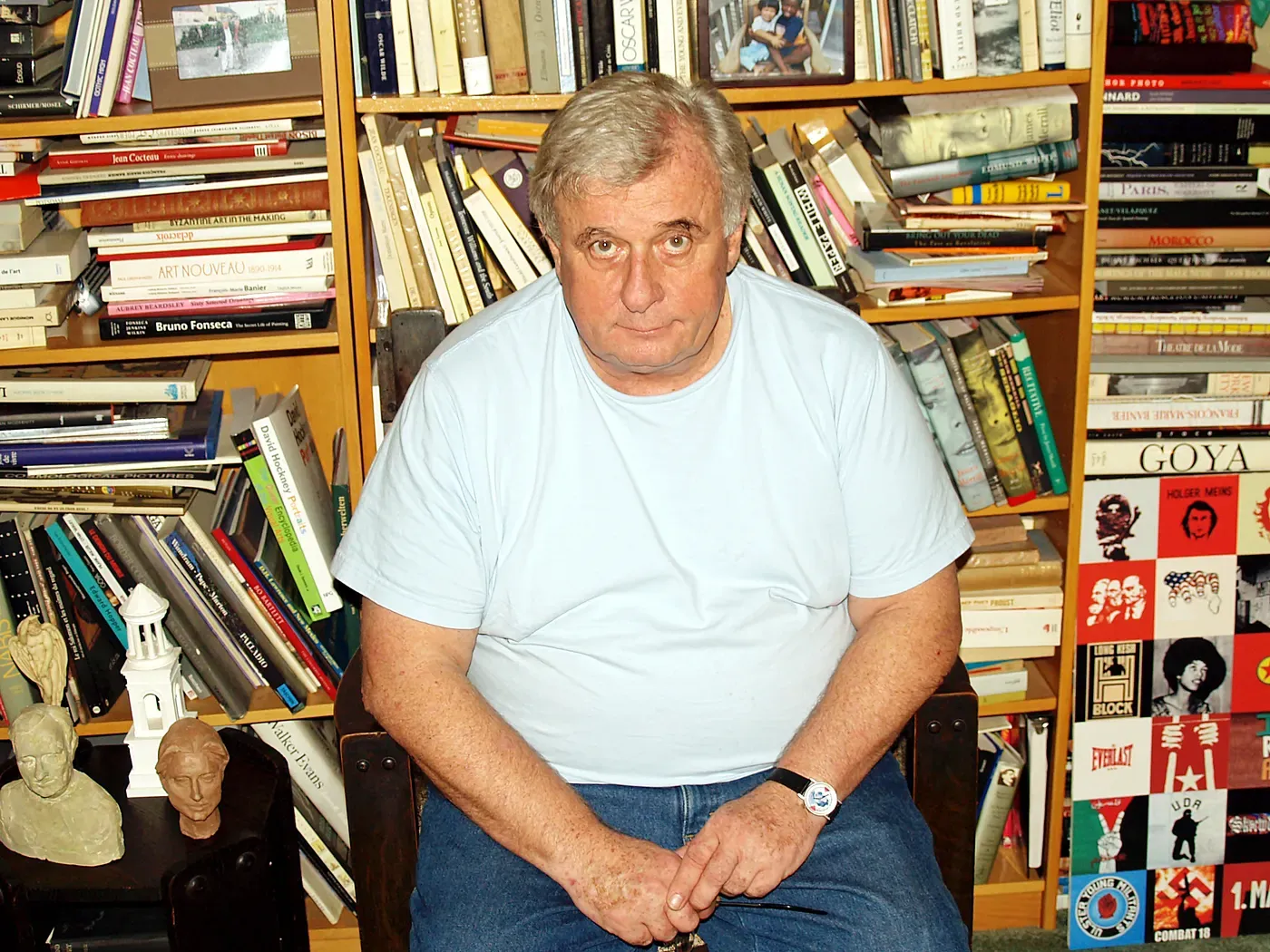The Most Beautiful Book About Sex Isn’t Erotic

A few weeks ago, I decided to read a sex memoir written by a gay man in his eighties.
The writer is the late Edmund White and his sex memoir, The Loves of My Life, is his last book. Edmund passed away in June of 2025, and I’m embarrassed to admit I hadn’t heard of him until I read his obituary. Once I did, and saw the illustrious title of “Queer Author,” I knew I had to check him out.
The Loves of My Life, a breakdown of a gay man’s life through the lens of his multiple partners, stood out among his work.
As a lesbian with no parallels to Edmund’s personal life, I still found the book shockingly relatable. Much of how Edmund thought and wrote about sex resonated with me and unearthed my own memories. His staggering approach to writing, how sex shaped his life, and how being in and out of the closet changed him left a mark.
Edmund White, the Man
Born in the 1940s, Edmund knew he was gay from a young age. At the time, he believed he needed to be cured to be successful as a writer. He read books about heterosexual love, internalizing the message that gay writers didn’t get families, good jobs, or publishing careers.
Heartbroken, he wrote his own love scenes but hid them away, convinced no one but a psychiatrist could see them.
In the memoir, Edmund recalls losing his virginity at thirteen to an adult man. He frames it as desperation more than desire, seeing this older man as a gateway into a life otherwise closed off.
He later attempted to “transition” from homosexual to straight, even having a girlfriend in college, but that ended with silence in a Paris café before he went off in search of a hookup.
His book tracks the paradigm shift not only in gay rights but in how gay people saw themselves.
“I’ve seen gays go from thinking they’re neurotic to what we call Pride,” Edmund writes. “…there was always a moment in a gay soiree when one of us would look around balefully but with a giggle and say, ‘Gosh, we’re sick. Just a bunch of sick queens.’”
He compares those early years with his later life as an established writer who lived through Stonewall and saw the world turn upside down for gay rights.
Through it all, sex and writing were inseparable for him. He also believed gay life naturally opened up more promiscuity, even after meeting his husband. When he set out to write a memoir, he felt fully qualified: “I have all the experience necessary to speak on this subject.”
A Little About the Book
While the memoir centers on sex and sexuality, it avoids ever feeling “dirty.”
When asked what I was reading, I could casually answer, “the memoir of a gay man who had sex with over 3,000 men,” without feeling the need to hide it. Edmund’s clear, direct prose makes the stories both interesting and real.
Each chapter focuses on a partner, a type of sex, or a location. He rarely dwells on physical descriptions. Instead, sex becomes fallout from obsession, libido, and the need to connect. He often described himself as less attractive than his partners, grateful for the connections he made.
His approach makes the book incredibly readable. I finished it in about three days, surprised at how much I related to it.
Why I Loved It
At a lecture on portrayals of women in media, I once heard: “Sex is both too important and not important enough.” That line came back to me while reading this book.
Too often, media misses the point about sex. Edmund didn’t. His memoir doesn’t leave you focused on bodies or lust, but on something much more human.
He showed that fighting desires is futile. He sought therapy both before and after coming out, but nothing changed his need for sex on his terms. His honesty is refreshing.
Should You Read The Loves of My Life?
Yes. It’s a gorgeous queer memoir unlike anything I’ve read. It’s well-paced, surprising, and deeply human.
If you love books that stay with you long after reading, this one is worth it. Edmund White offers not only a unique perspective on sex but also pain, regret, and heartbreak.
It’s a great introduction to an author who, even after death, continues to surprise.
